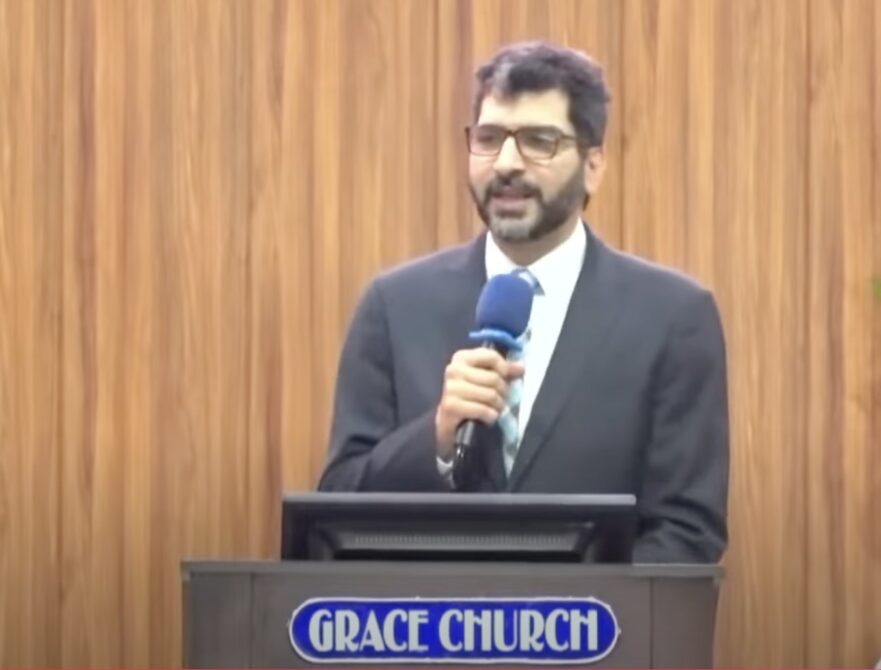September 22, 2025
In September, our team had just concluded a week of conversations and two consultations with churches in Abuja, Nigeria about religious freedom advocacy when I was given the opportunity to preach at ECWA Grace Church—ECWA stands for Evangelical Church Winning All. The Holy Spirit led me to share from 1 Kings 21, the story of Naboth’s Vineyard, not as distant history, but as a mirror of struggles in Nigeria today. (Watch the sermon here: YouTube link. At 17:30 I read the passage, and at 1:57:00 the sermon begins.)
The story highlights three truths that still echo across Nigeria:
Naboth’s deep tie to ancestral land. For Naboth, the vineyard was more than property; it was heritage. It was part of his identity. Many Nigerians share this attachment, often through the connection to a village where the ancestors lived and plowed the land.
Ahab’s greed and dispossession. Ahab coveted Naboth’s vineyard, leading to the killing of an innocent man. Today, deadly violence often revolves around land disputes. Farmers—many of them Christians—are displaced from their villages by Fulani herders. Entire communities remain uprooted because their land has been seized.
False charges of blasphemy. Naboth was falsely accused and executed. In Northern Nigeria, accusations of blasphemy still carry deadly consequences. Both Christians and Muslims have been stoned or burned alive. On September 1, 2025, a woman was killed by a mob for alleged blasphemy (BBC). In 2022, student Deborah Samuel was beaten and burned in Sokoto State. These charges are often weaponized to settle personal scores.
The passage in 1 Kings 21 challenges us as believers: God’s mission does not exclude political engagement. Some are called to confront injustice, defend the vulnerable, and insist on human dignity in the public square. When rulers and authorities commit evil, and threaten lives and livelihoods of their subjects, God in His sovereignty may rebuke them.
I pray that God raises many Elijahs in Nigeria—voices who will confront evil, call perpetrators to repentance, and speak truth with courage. And I pray that the work of 21Wilberforce, alongside Nigerian churches and leaders, will bear fruit in peace, reconciliation, and the protection of life and property.
As global Christians, we cannot look away. Naboth’s story calls us to stand in solidarity with those facing violence and dispossession today.
Photo credit: 21Wilberforce

